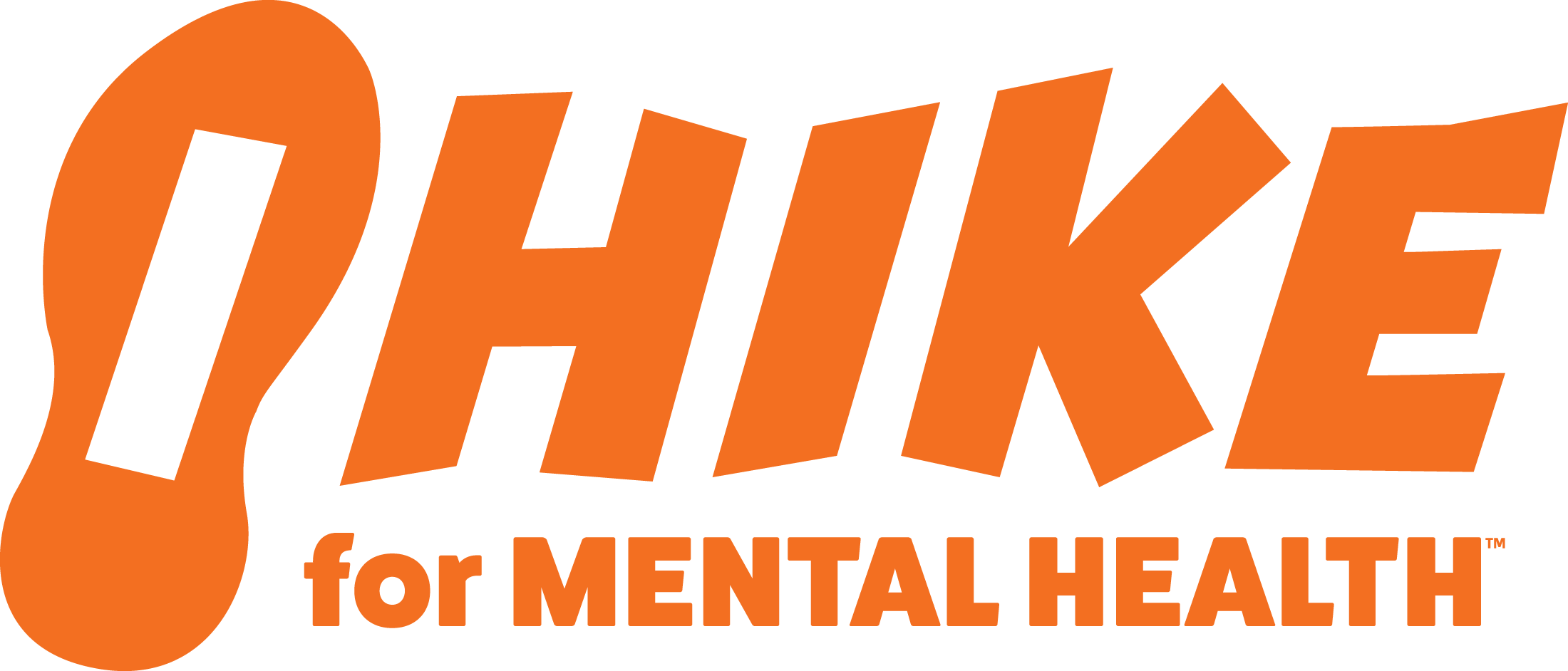BBRF Research Rundown: Updates on Non-invasive Treatment Options for Depression
In the 2020 National Survey on Drug Use and Health it was reported that 21 million Americans had at least one major depressive episode, with the highest percentage occurring in individuals 18 to 25 years-old (1). A major depressive episode is described as a period of time lasting at least two weeks in which an individual has a depressed mood for most of the day nearly every day or loss of interest/ pleasure in life along with accompanying issues such as significant decreases or increases appetite, feelings of worthlessness and/or inappropriate guilt, decreased energy and increased fatigue, cognitive impairment, and suicidal thoughts with our without a plan/ attempt (2).
There are many different ways to treat depression: lifestyle and nutritional modifications, psychotherapy, and medications, just to name a few. Other approaches gaining ground in the treatment of depression are TMS, Transcranial Magnetic Stimulation, and tDCS, Transcranial Direct Current Stimulation. TMS uses powerful magnetic fields specifically focused on the regions of the brain involved in depression while tDCS uses a low intensity current that flows between two electrodes placed strategically on the head. Both are safe and non-invasive approaches to otherwise treatment-resistant depression.
Evangelia G. Chrysikou, Ph.D., associate Dean for Research at Drexel University and recipient of the 2015 BBRF Yong Investigator award conducted a small scale study on tDCS. Dr. Chrysikou and her colleagues were attempting to determine how tDCS alters brain function in individuals diagnosed with depression, specifically focusing on the neural circuitry involved in emotional regulation. The study allowed Dr. Chrysikou and colleagues to confirm that participants diagnosed with MDD did have emotional regulation impairments, noting that the “visual and emotional centers were more strongly connected in depressed patients that in [patients without mental health diagnoses]”… and increased interaction between the amygdala and cuneus was correlated with decreased reappraisal of negative stimuli (3). With this small scale study the researchers were able to determine that tDCS treatment decreased the activity between the amygdala and medial prefrontal cortex, both which are highly involved in emotional processing and regulation.
Another potential treatment for depression that was involved in a pilot study in Israel is the use of highly enriched “pure” oxygen therapy. Dr. Yuly Bersuksky, Associate Professor of Psychiatry at Ben-Gurion University of the Negev in Israel recruited 51 individuals who participated in a 4-week randomized double-blind study, meaning neither the researchers nor the participants knew which group they were being assigned to. “The researchers sought to determine whether treating depressed individuals with oxygen that is only moderately enriched, at standard atmospheric pressure, might similarly improve mitochondrial function or affect brain biology in other ways that might be therapeutic” (4). Dr. Bersuksky and colleagues reported there were notable benefits to the group provided with enriched oxygen including a decrease in suicidal thoughts, improved sleep, and decreased feelings of guilt. It is worth noting that symptom severity was measured using a few different rating scales and improvement was shown in only two scales and no change was reported in the others. While this small scale study shows some promise, it’s important to remember that these results will need to be replicated with multiple studies involving larger groups and with post-study follow-up to determine just how effective this approach is.
Resources
- Prevalence of Major Depressive Episode Among Adults https://www.nimh.nih.gov/health/statistics/major-depression#:~:text=disorders%2C%20or%20medication.-,Prevalence%20of%20Major%20Depressive%20Episode%20Among%20Adults,8.4%25%20of%20all%20U.S.%20adults.
- Depression Definition and DSM-5 Diagnostic Criteria https://www.psycom.net/depression-definition-dsm-5-diagnostic-criteria/
- Discovering How tDCS Brain Stimulation Therapeutically Modifies Brain Circuits in Depression. https://www.bbrfoundation.org/content/discovering-how-tdcs-brain-stimulation-therapeutically-modifies-brain-circuits-depression
- In Pilot Study, Oxygen Therapy for Moderate Depression Showed Beneficial Effects. https://www.bbrfoundation.org/content/pilot-study-oxygen-therapy-moderate-depression-showed-beneficial-effects
